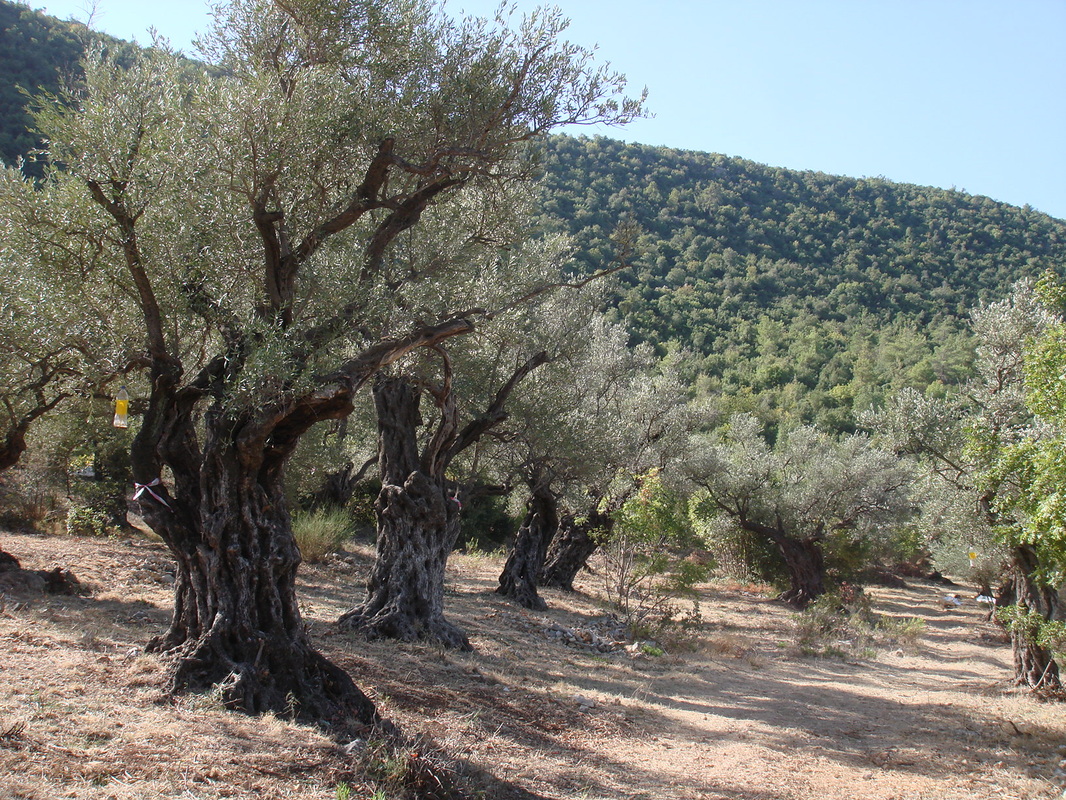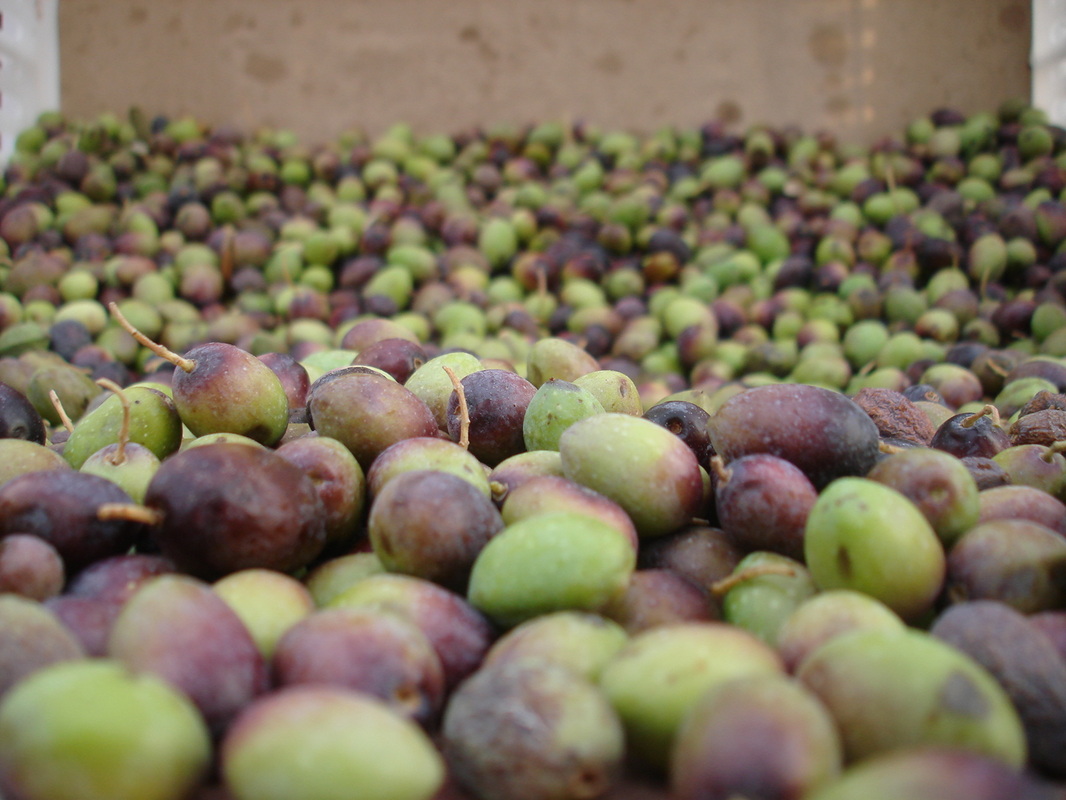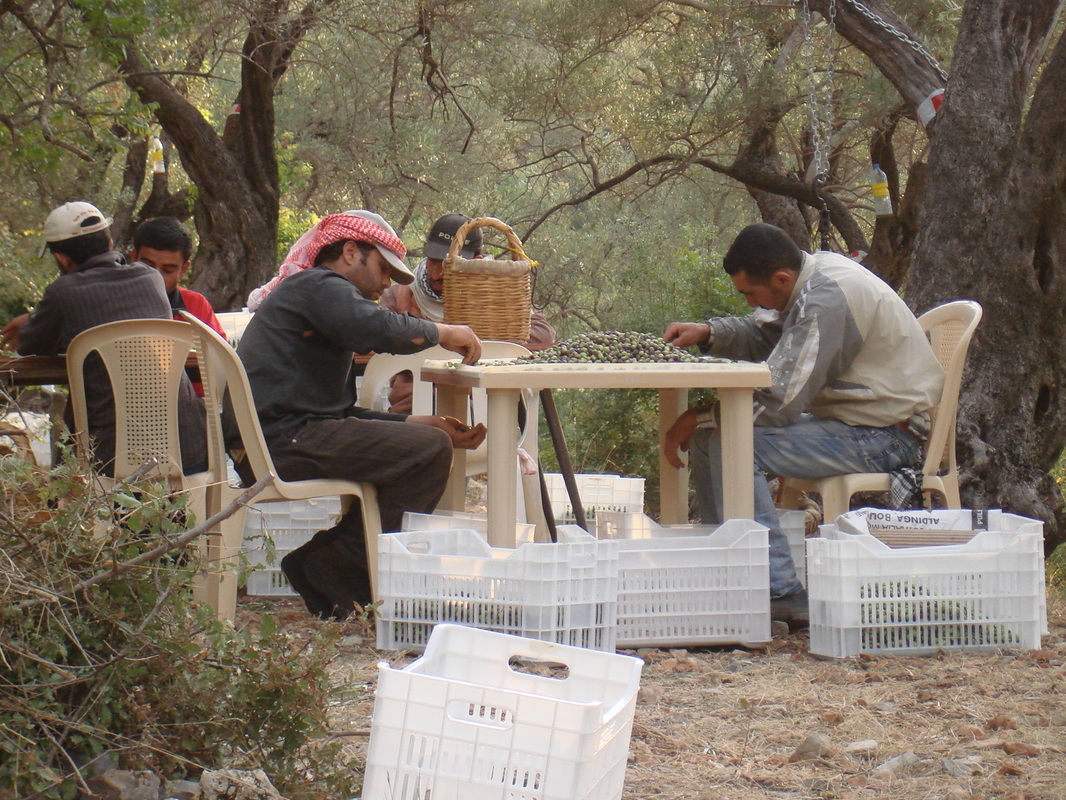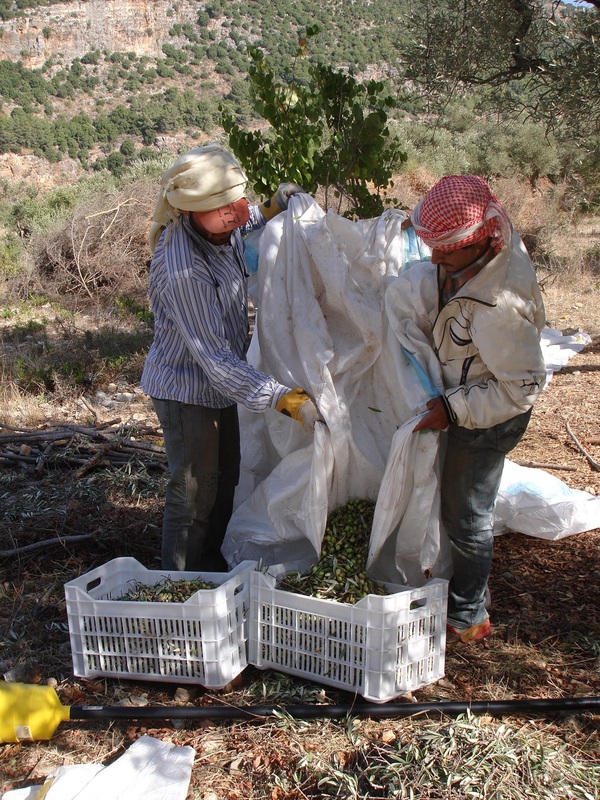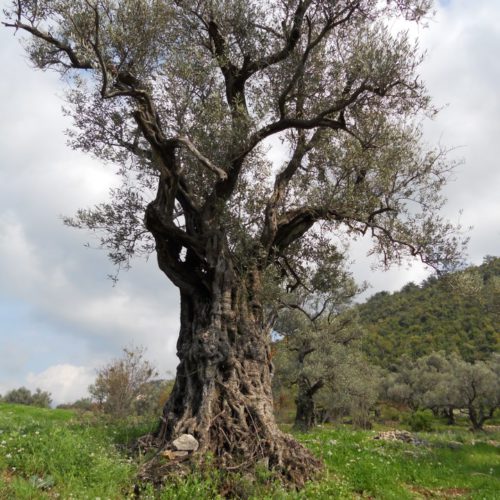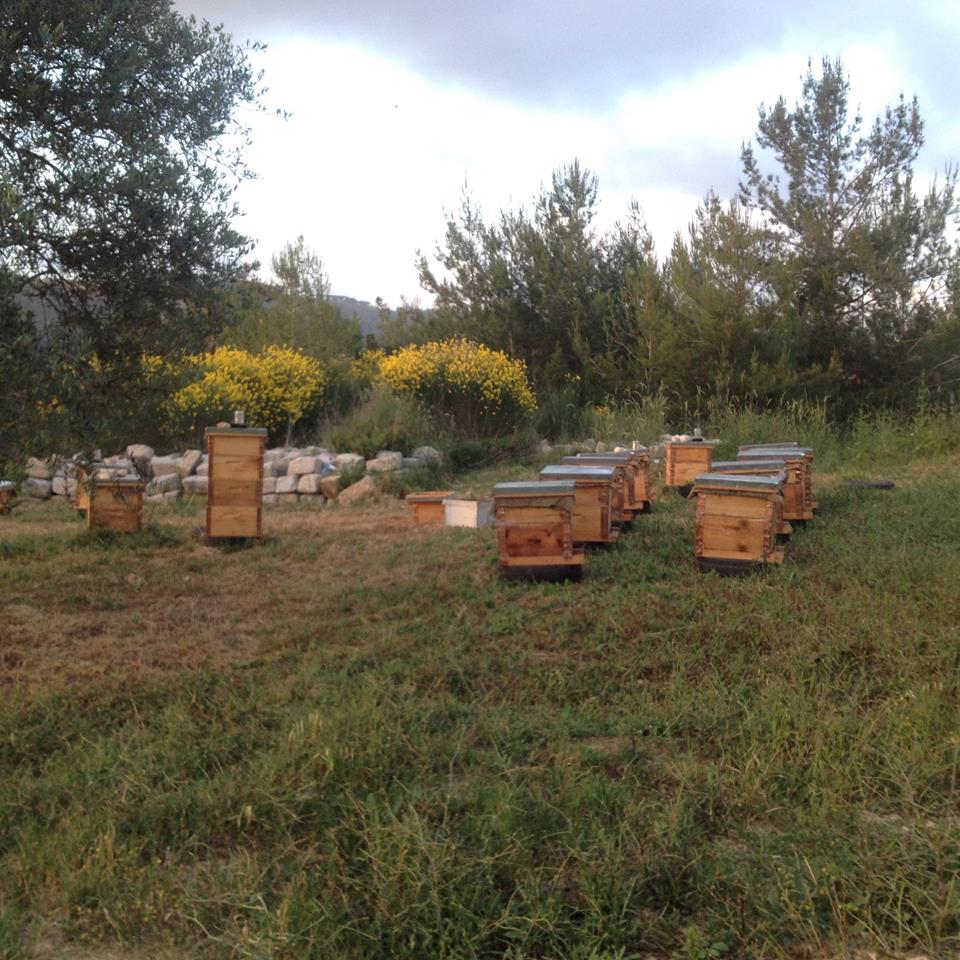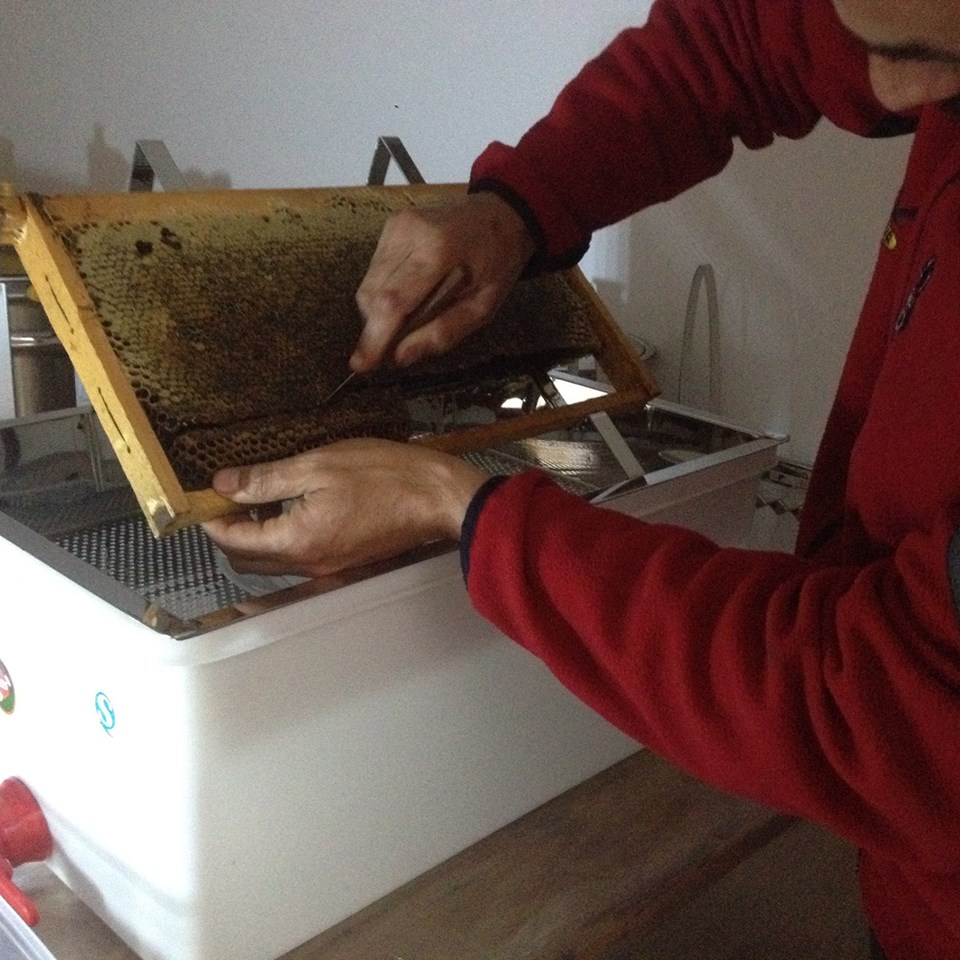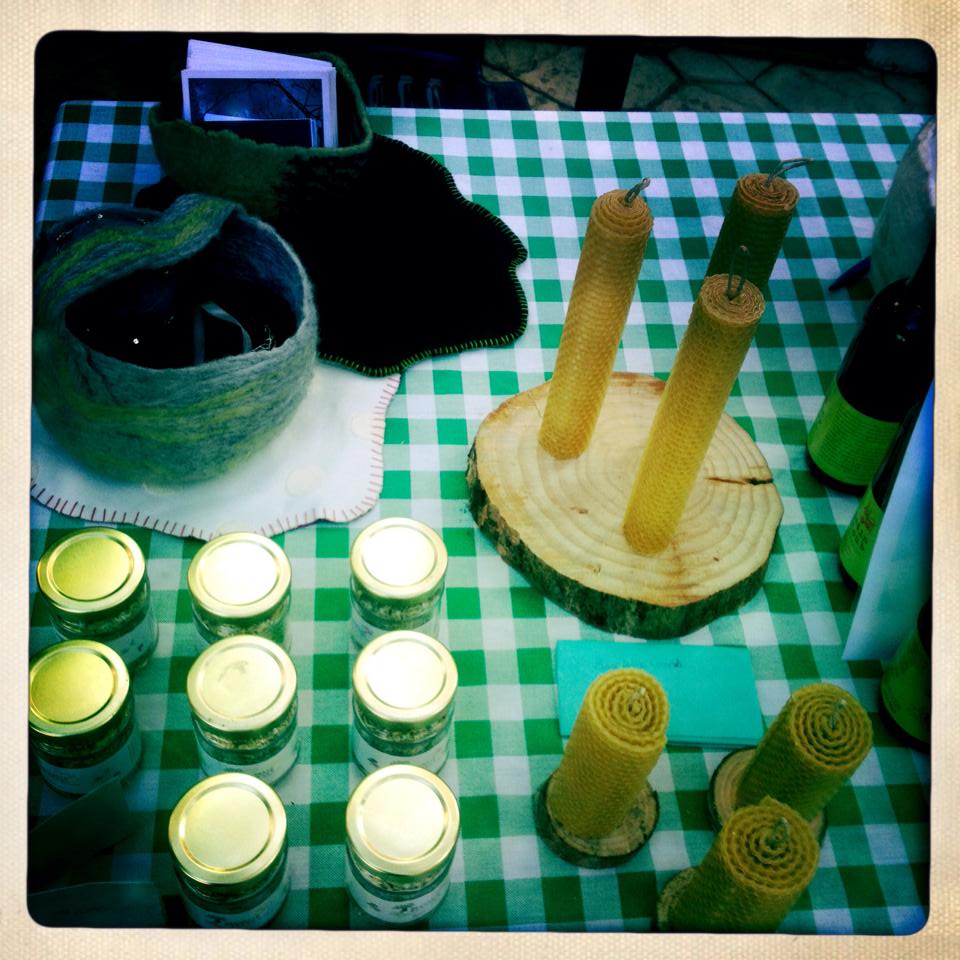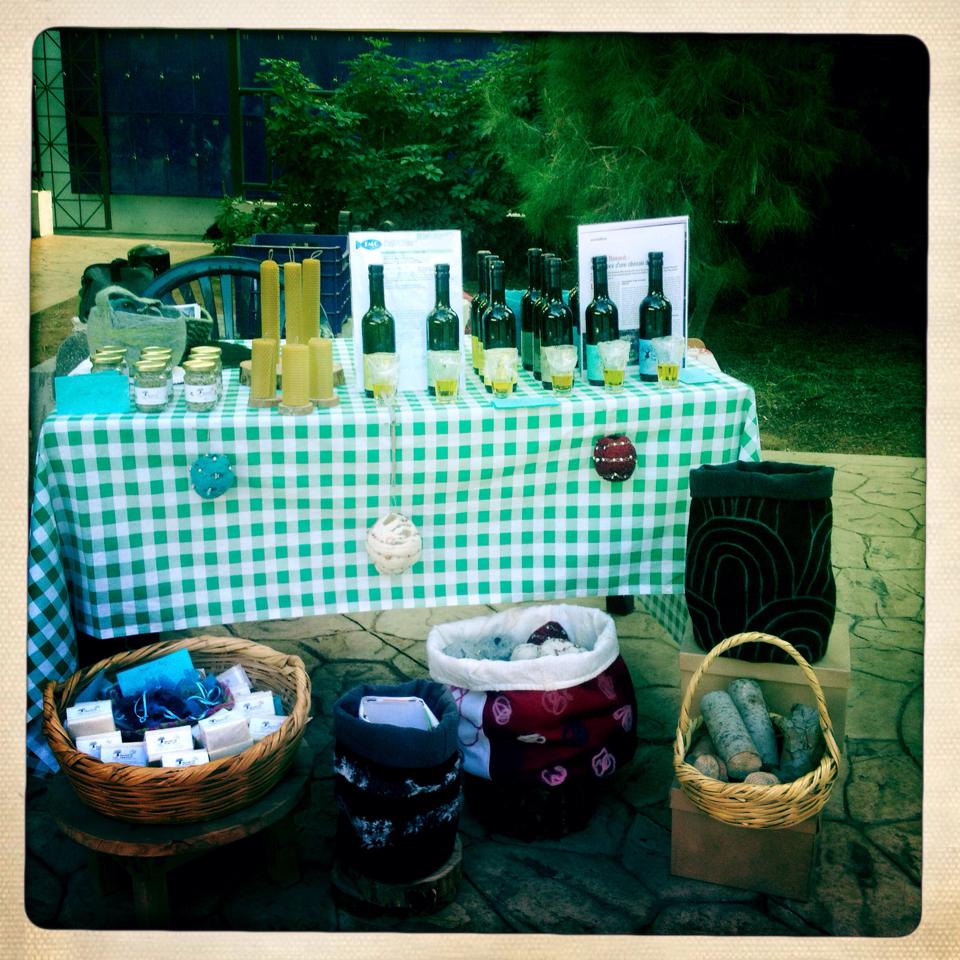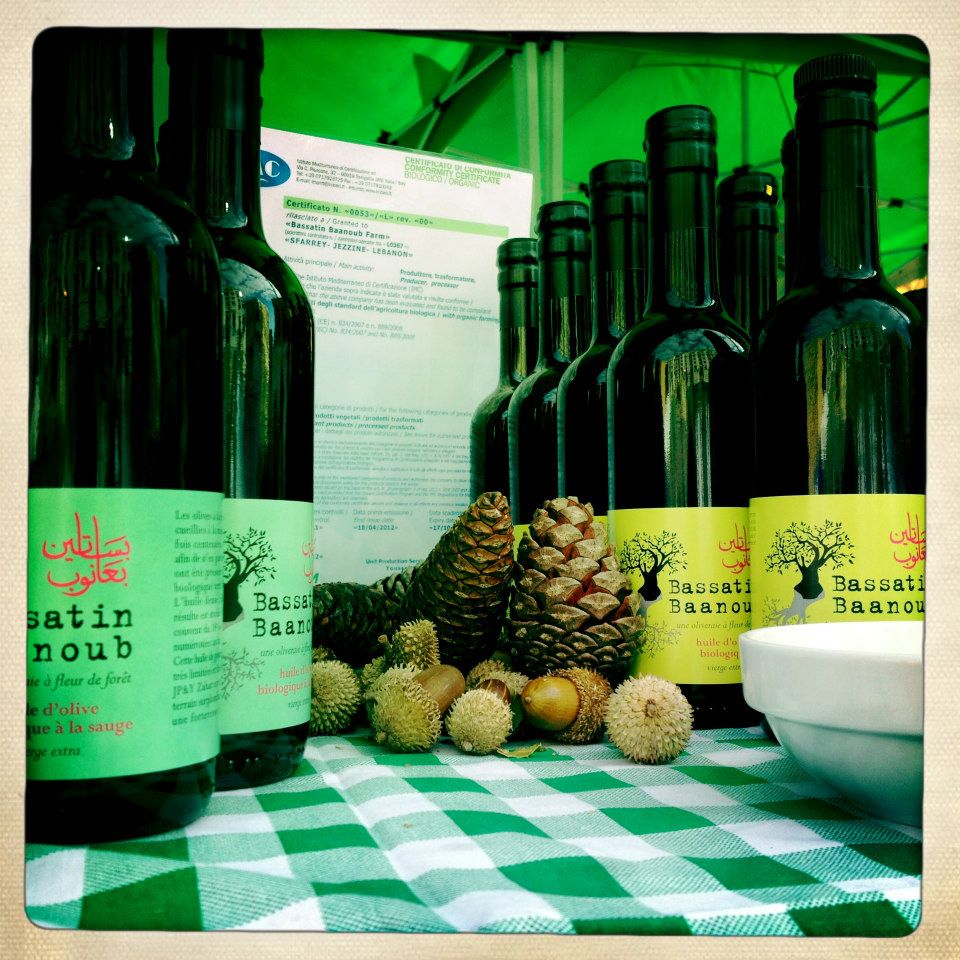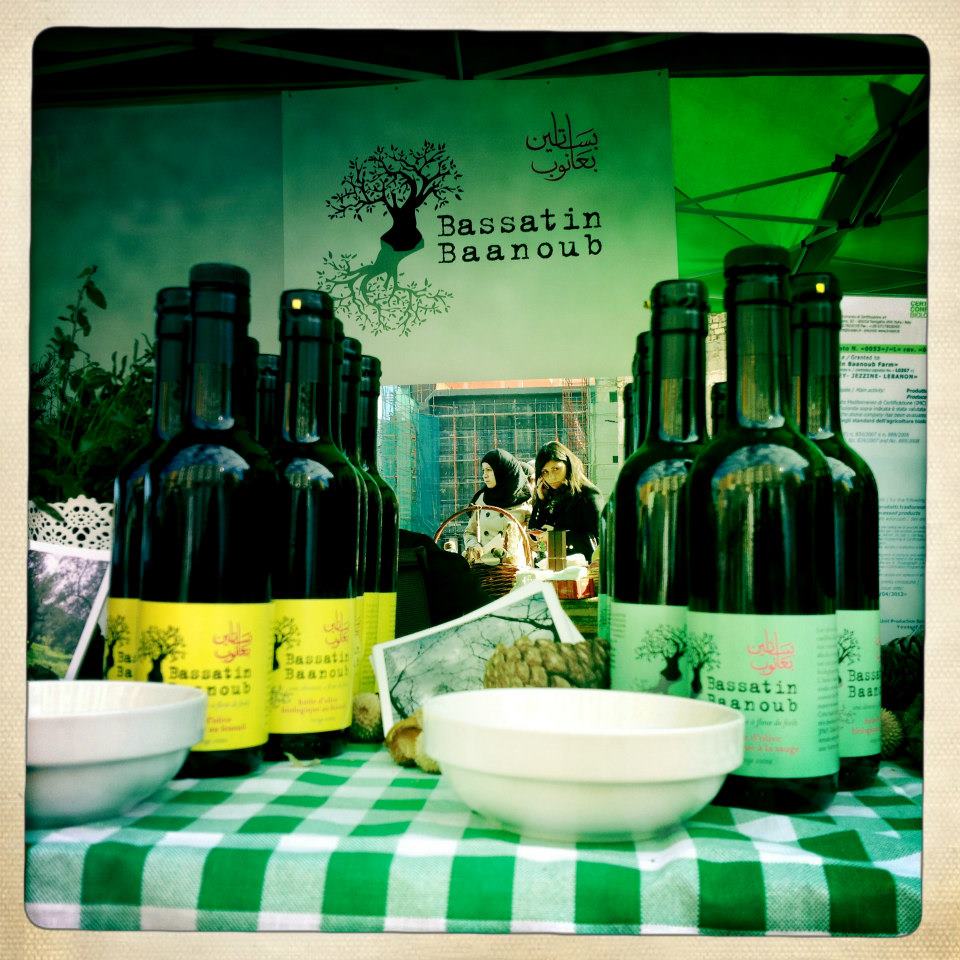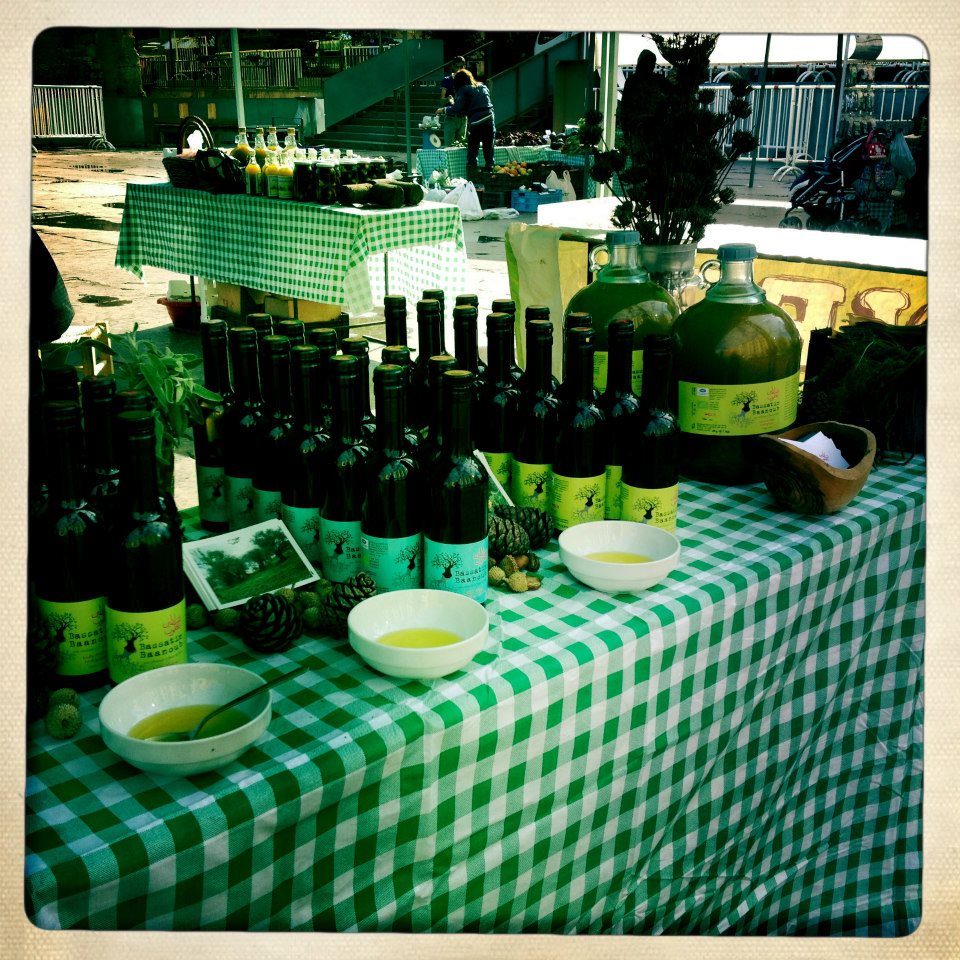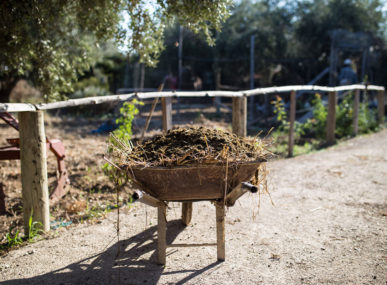Bassatin Baanoub farm, around 60km away from Beirut city is a great example of their very successful effort, a land they transformed into a self sufficient organic farm. It is very difficult to believe that this land was once uncultivable when one sees the lush green vegetation surrounding the ancient olive trees.
It was evident that this buried olive grove nestled in a forest needed a new direction. That’s why the couple took up the challenge to transform a hill of 1,500,000 square meters of abandoned land into a lush green farm producing extra virgin olive oil, wild thyme, sumac, honey, wild foraged veggies in winter and most of the basic veggies & fruits in summerhoney.
